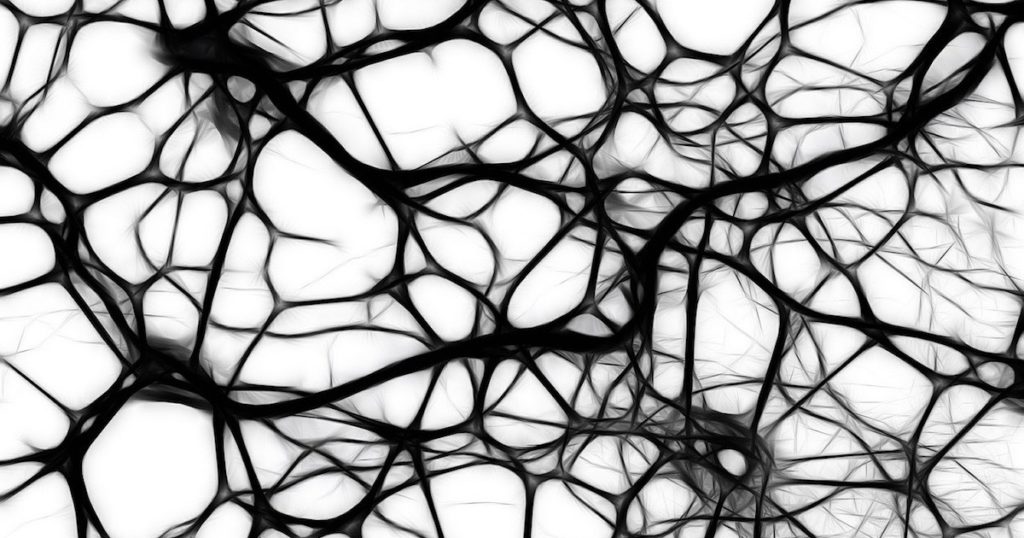 Neuroscience & Mind
Neuroscience & Mind
 Physics, Earth & Space
Physics, Earth & Space
Apart from Non-Material Consciousness, Science Is Impossible

A couple of days ago, we were looking at the way theoretical physicist Sabine Hossenfelder grapples with the way quantum mechanics has undermined materialism. Whether and how we choose to measure something has a big impact, which makers consciousness very difficult to just explain away.
Here is her most helpful video on the topic (all the more helpful, one might say, because she is so clearly unhappy with the outcome!). She asks, “Does Consciousness Influence Quantum Effects?” (November 19, 2022)
Nobelist Eugene Wigner (1902–1995) was one of the physicists who explored the problem. Hossenfelder points to his famous “Wigner’s friend experiment.” (3:01). Here is an illustration from a different source:
Essentially, as Wigner pointed out in 1961, a basic building block of our universe like the photon can exist in two states at the same time (superposition). So two observers can be correctly seeing two different states. The photon collapses into one state when it is measured.
Hossenfelder argues, “Most physicists think today that a measurement is an interaction with some apparatus. It has nothing to do with whether you or someone else looks at the result, or whether you tell someone about it. But in the early days of quantum mechanics, it was unclear what the mathematics means.” (3:53)
Evading the Issue
Wait. To say that “a measurement is an interaction with some apparatus” evades the issue. Only a conscious human being can even envision science measurements. The whole cause of the interaction is a conscious human mind with questions about the universe.
If two different people can honestly come to two different conclusions from the same simple experiment, their minds are real and are part of a picture of a much more complex universe than what we might have assumed.
Hossenfelder goes on to say, “No one knows what consciousness is anyway and if you want to calculate the outcome of a measurement in quantum mechanics you don’t need to know. So introducing some psychophysical factors to induce the collapse of the wave-function is just unnecessary word salad.” (7:00)
Clearly Not Physical
Again, wait. She admits that “no one knows what consciousness is.” But it is clearly not physical, much as some might wish it to be.
Things do not get any better at 7:05:
Philosophers dislike this interpretation for a different reason, namely because it’s internally inconsistent. You start with assuming that consciousness is not subject to the same laws of nature as everything else because it’s “extra-physical”. But then consciousness interacts with the physical world and that means it’s itself physical because you can test its effects on our observations. It’s the same problem as dualism. If the mind is non-physical, then it doesn’t help you explain observations in the physical world — you can’t have your cake and eat it too.
This sounds confusing because consciousness can, of course, interact with the physical world without being physical for the same reasons as information can interact with the physical world without being material.
Read the rest at Mind Matters News, published by Discovery Institute’s Bradley Center for Natural and Artificial Intelligence.
